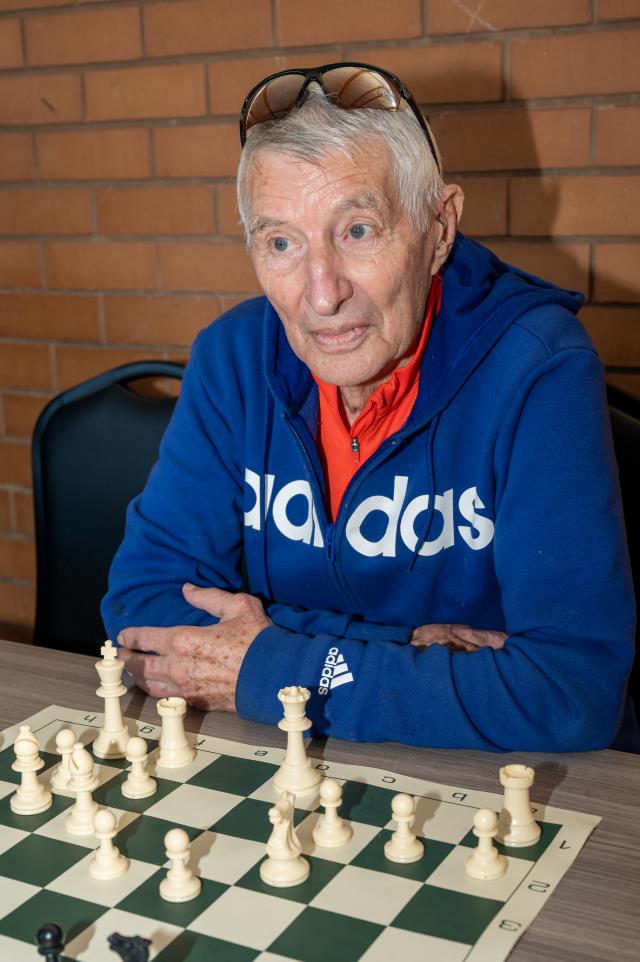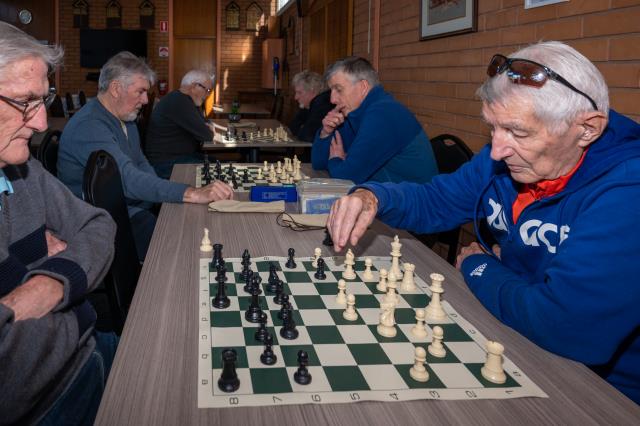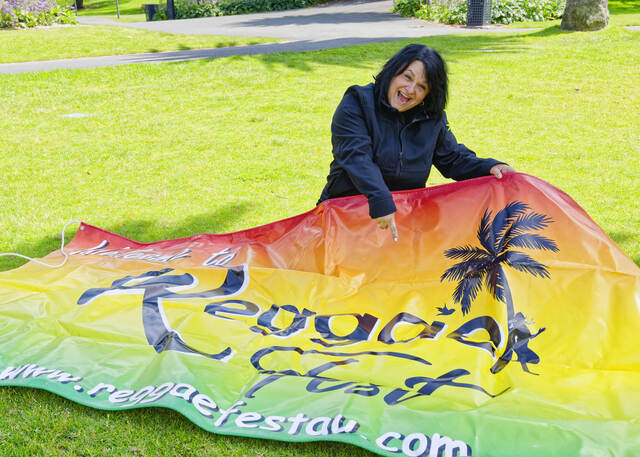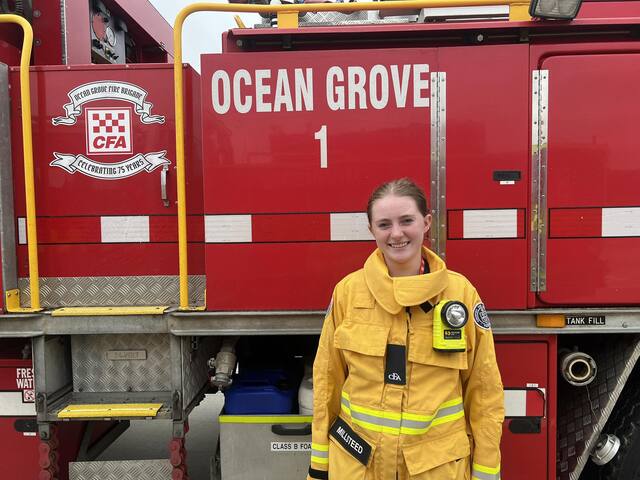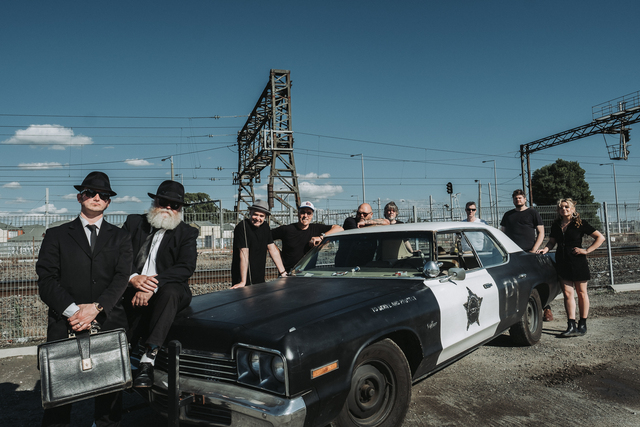Ocean Grove resident Gary Bennewitz is being remembered as a “kind and generous” man who loved chess and sports after he died age 94. Jena Carr spoke with daughter Irina Bennewitz about his life and journey from Germany to Australia.
Born in Germany in 1929 on the eve of major world changes, Gary Bennewitz was affected by political events that impacted everyone’s lives.
Despite the historical issues at the time, the Berlin man would still reflect on his good experiences growing up, such as playing outdoor sports and other activities.
“He lived in Berlin, which was a shattered city, and as the rest of Europe and the world was totally destabilised and times were tough,” daughter Irina Bennewitz said.
“He didn’t romanticise about it; that’s just what it was. It was tough for all of them, and I can’t appreciate what it would be like to live in a city that was flattened with no food or water.
“The next few years, he studied an apprenticeship, played a lot of sports, and then when he was about 23, he looked around and said, ‘well, not much is happening here’.
“So, he took up an offer to come to Australia with many other young men, sailed out on a rusty old boat, and rocked up to Australia with a contract to work on the railways.
“He started working on the railways, learned English, and brought my mother out within a year. His life was shaped by challenges, but he never played the victim.
“They (mum and dad) worked really hard, bought a house, did it up, and he learned lots of new skills. If he didn’t know something, he found someone in the local community who did.”
Irina said her her father was a “very interesting man” and loved participating in many activities, including chess with Ocean Grove Chess Club, which “was his passion”.
“My dad was an intelligent man. He was resourceful, adaptable, and… a lot of those qualities transferred through to myself and my sister in lots of ways,” she said.
“He wasn’t the most sentimental of men, but he put his heart and soul into what he wanted to do and succeeded on his terms.
“He made the most of his opportunities. I know when he got to Ballarat, he decided to drive a taxi so he could pay off his house, and that was as well as working full time.
“He worked his butt off, retired at 57, and moved to Ocean Grove. He kept the chess table, tennis, and everything he’d been doing on and off over the years when he could.
“His interests were always in chess, and he played chess from the age of 12. He absolutely loved it and had a high desire to win.
“He was very competitive in his sports, and in Australia he picked up chess with his German friends. They’d all meet occasionally when they could to play chess, play musical instruments, and sing.”
Gary died on November 30 at age 94 after Irina and her husband found him unconscious on the floor in his Ocean Grove home on November 25.
“When my mum died 12 years ago, dad didn’t know what depression was. She was his soul mate, but he got on with it with his dog and routines,” she said.
“In the last four or five years, we were more involved with supporting him as his physical health slowly deteriorated.
“He was not sick; he just was becoming frailer, and his eyesight and hearing were deteriorating, and his love of reading, football, chess, and backgammon was harder in the last year.
“The coroner’s report has told me he died of a neck femoral fracture after he had a fall, but being a stubborn old coot, he refused to wear his medical alert.
“We would have liked him around a bit longer, but I think he went on his own terms. He died at home and that’s what he wanted.”
Irina said she had many favourite memories with her dad, including him teaching her how to ride a horse.
“He taught me to ride and the love of horses that I’ve had for a long time, having had several of them myself, came from him,” she said.
“I had a couple of life situations where I was floored by something that happened, and I knew I could go home and be supported.
“I know one of his very German expressions that translates to, ‘Oh look, Irina, even a blind hen finds a grain of wheat’ and…I used to crack up when he would say that.
“He did a lot of work for the community…and didn’t waste opportunities. If he couldn’t afford it, he did something else.
“My last living memory of him was that I went back to Horsham, and I left quite early, and I said to him, ‘No, you don’t need to get up’.
“He used to get up when I’d come over and put his dressing gown on, so he just looked at me with a nice smile on his face and said, ‘I appreciate what you’re doing, and I thank you for coming’.”

